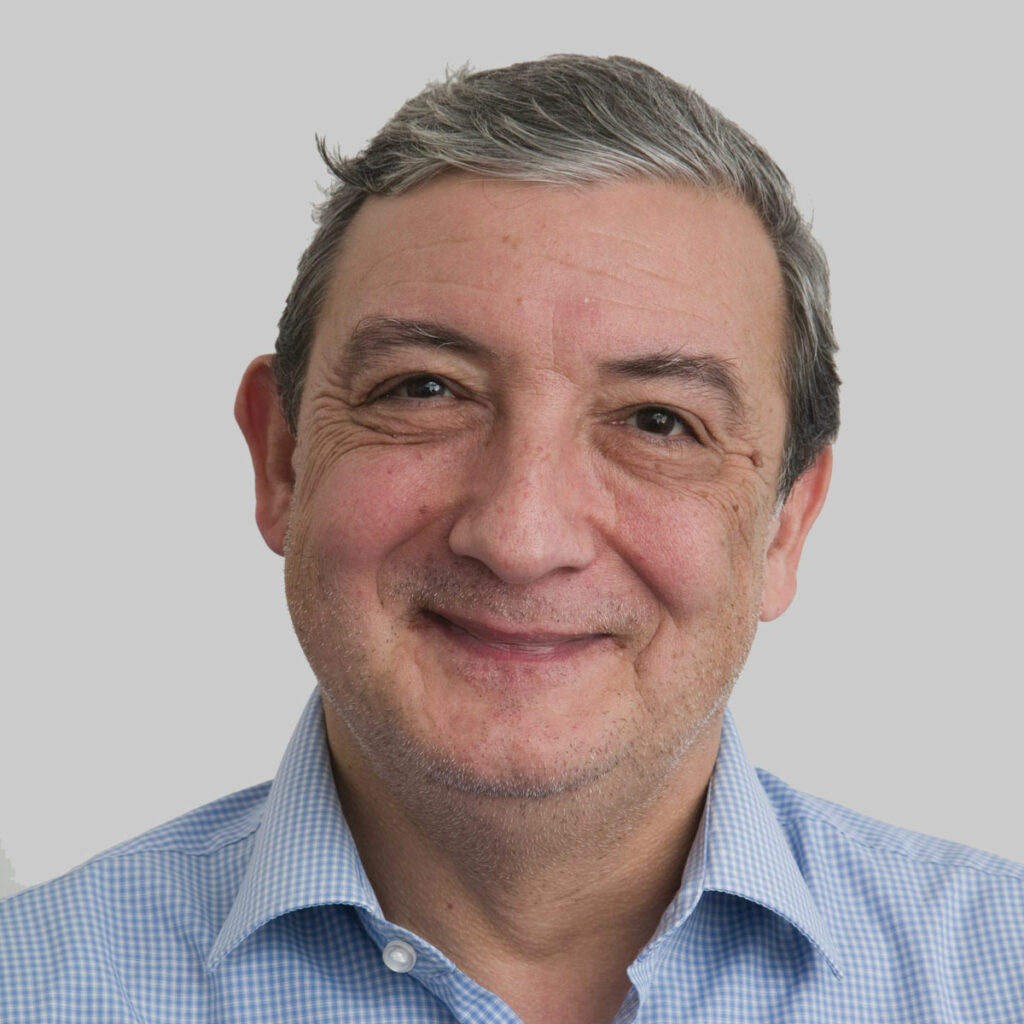
Principal Consultant
Martin joined the team at MCM in December 2021 and has over twenty-eight years’ experience of radiological and non-radiological assessments, modelling of contaminant transfer and uptake in the biosphere, and dose and risk assessment. Martin's experience includes development of conceptual models, detailed numerical models and simplified models that are designed to represent the key processes in a physical system. He is an expert in the development and construction of assessment models using the GoldSim computer code.
He graduated from the University of York in 1989 with a BSc (1st Class) in Theoretical Physics, and later from the University of Warwick in 1994 with a PhD in Theoretical Physics.
Martin’s current portfolio of projects includes:
Martin has been the lead conceptual and mathematical modeller for a number of high-profile national and international projects:
Other recent project work of note includes:
2019
M. Kelly, D. Holton and D. Roberts, A Method for Understanding the Behaviour of Radioactive Decay Chains in Radiological Assessments, Paper 19382, Waste Management Conference 2019, Phoenix, Arizona, March 2019. (Awarded the title of Superior Paper).
2018
M. Kelly, D. Holton and D. Roberts, A Modelling Framework for Understanding the Impacts of Radioactive and Chemotoxic Waste Disposals, Paper 18199, Waste Management Conference 2018, Phoenix, Arizona, March 2018.
2013
A. Carter, M. Kelly and L.E.F. Bailey, Radioactive High Level Waste Insight Modelling for Geological Disposal Facilities, Physics and Chemistry of the Earth Vol. 64C, P1-11, 2013.
2001
M. Kelly and M.C. Thorne, An Approach to Multi-attribute Utility Analysis Under Parametric Uncertainty, Annals of Nuclear Energy 28 (2001), 875-893.
1997
M. Kelly and D.E. Billington, Scenario Analysis and Conceptual Model Development, Using FANFARE, Scientific Basis for Nuclear Waste Management XXi, Volume 506, pp 702-708, 1997.
Science & Technology Facilities Council
Rutherford Appleton Laboratory
Building R104, Office 2‑12
Harwell Campus
Didcot, OX11 0QX
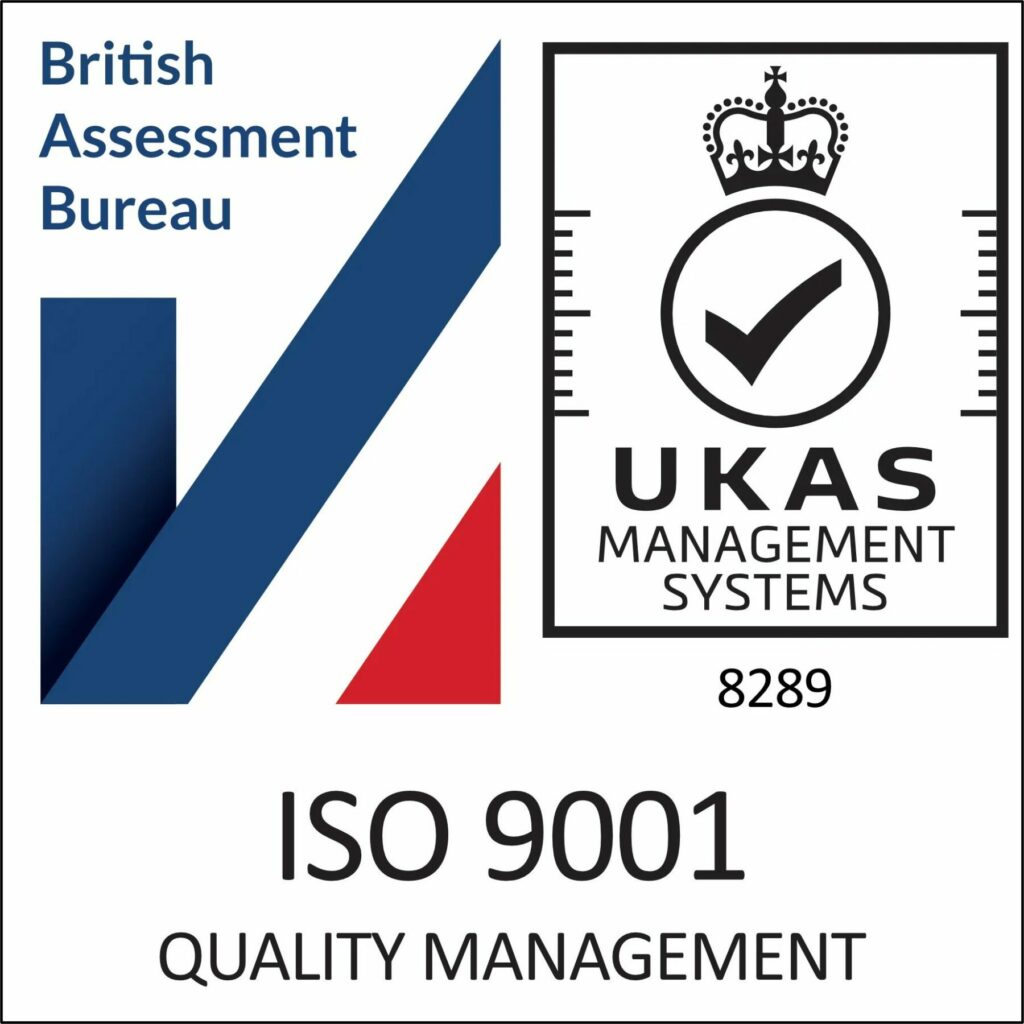

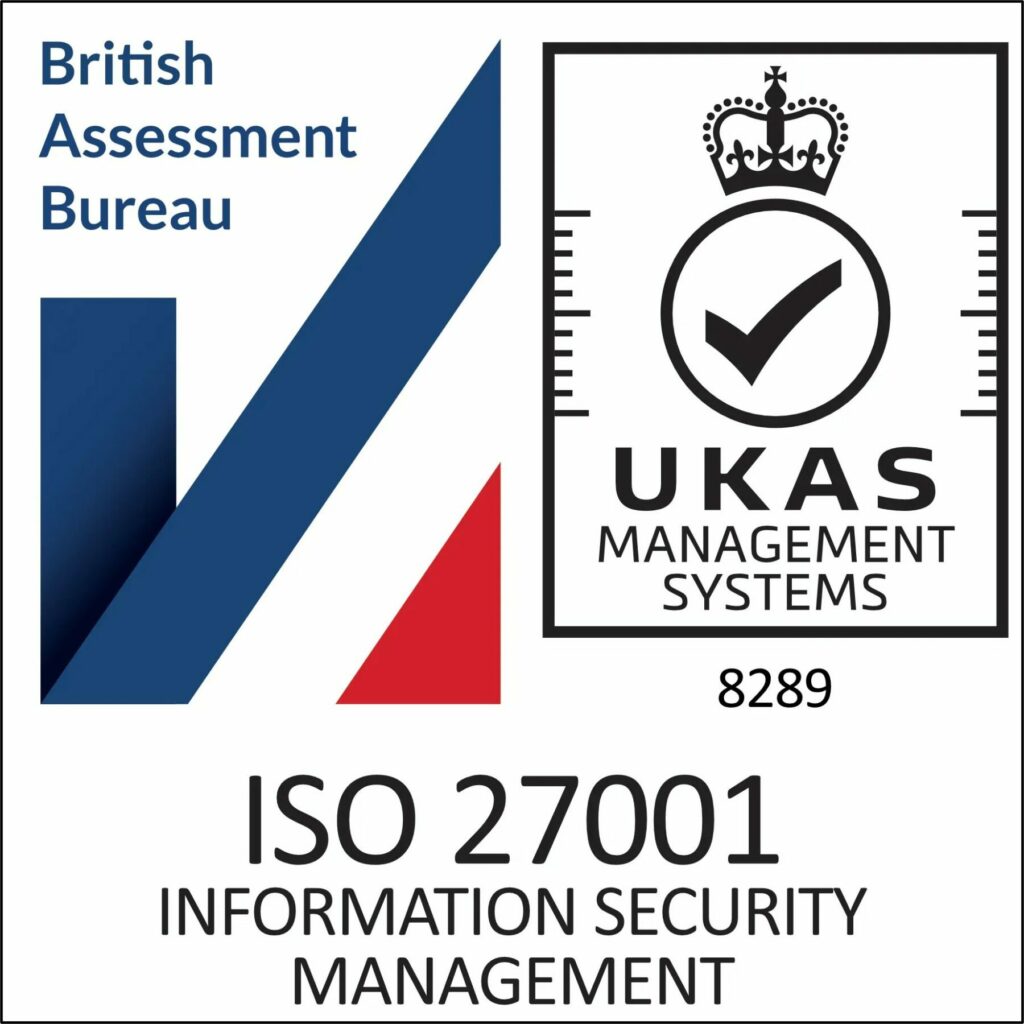
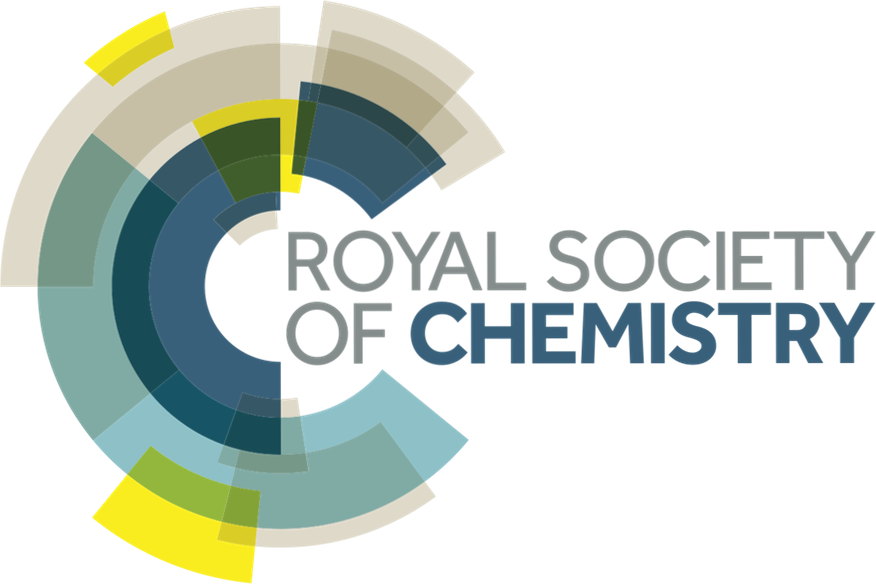
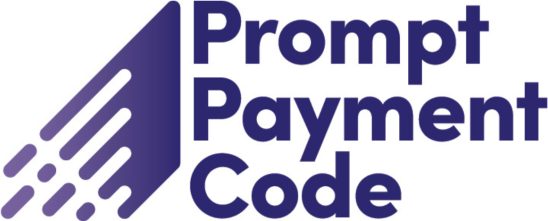

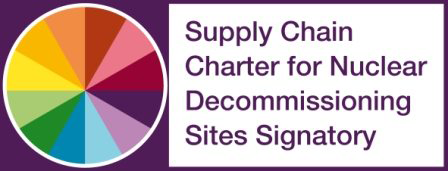
©2025
MCM Environmental Services Ltd